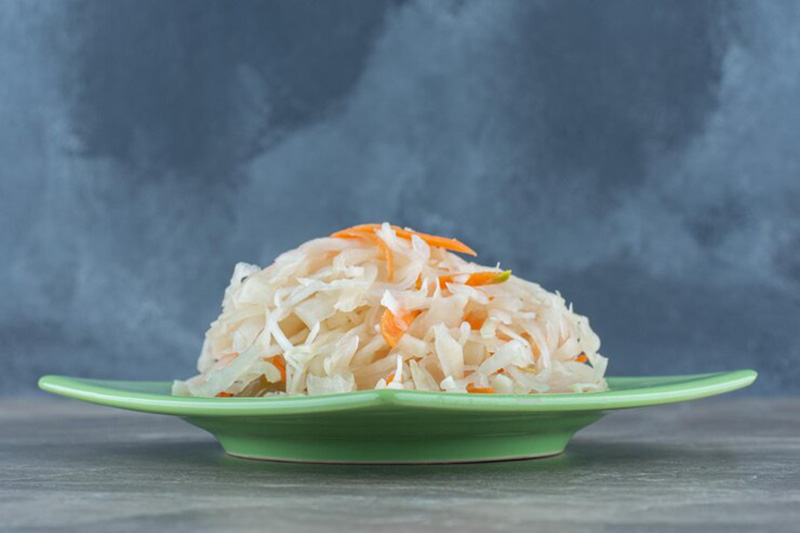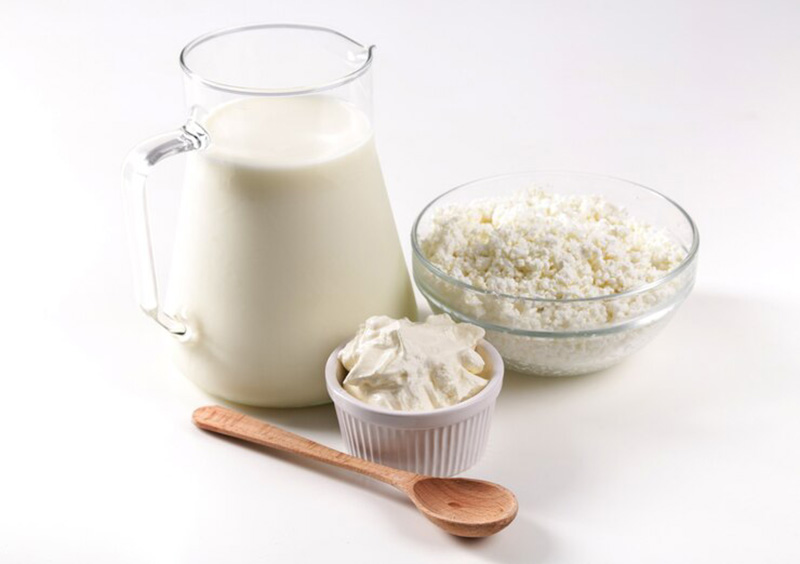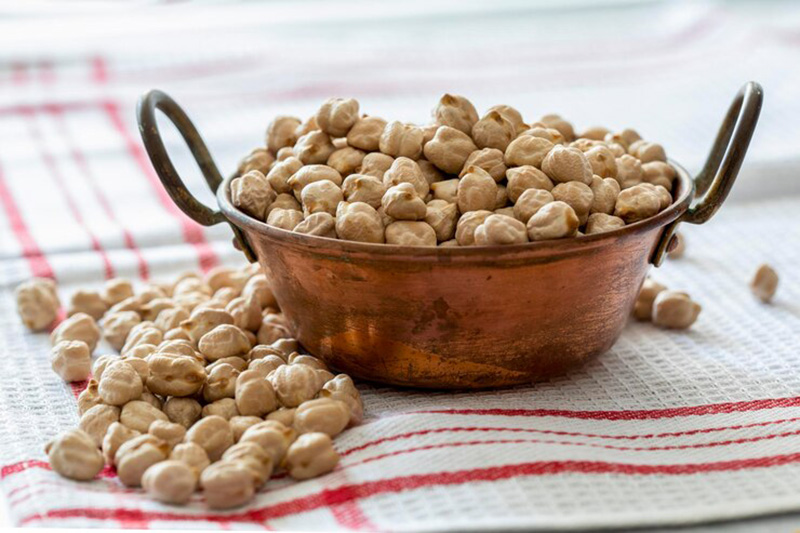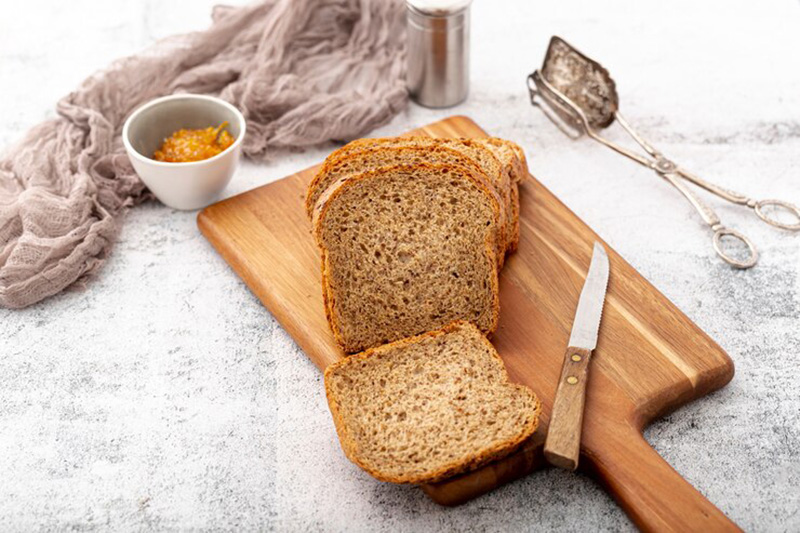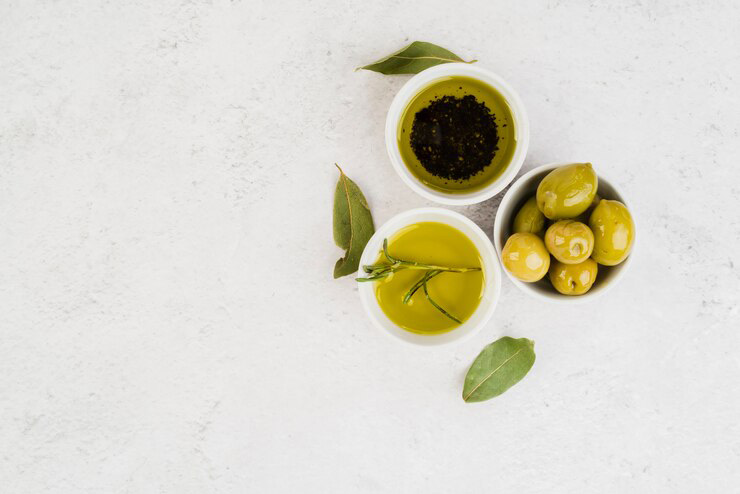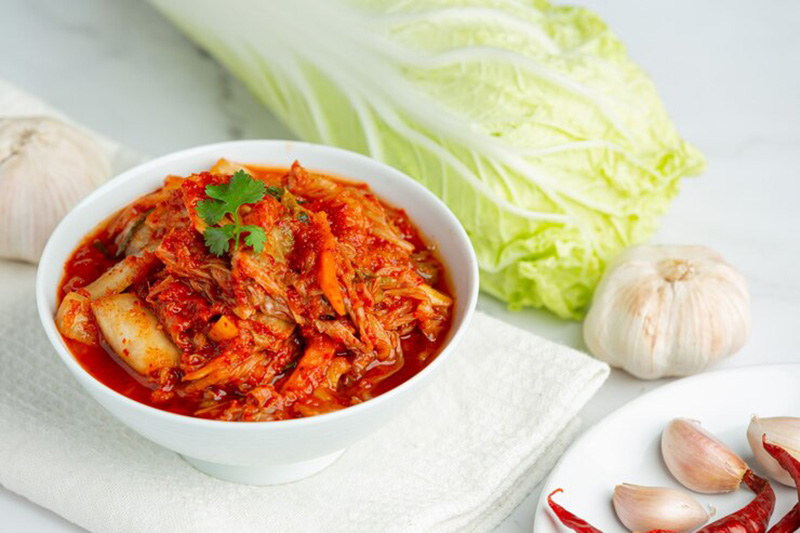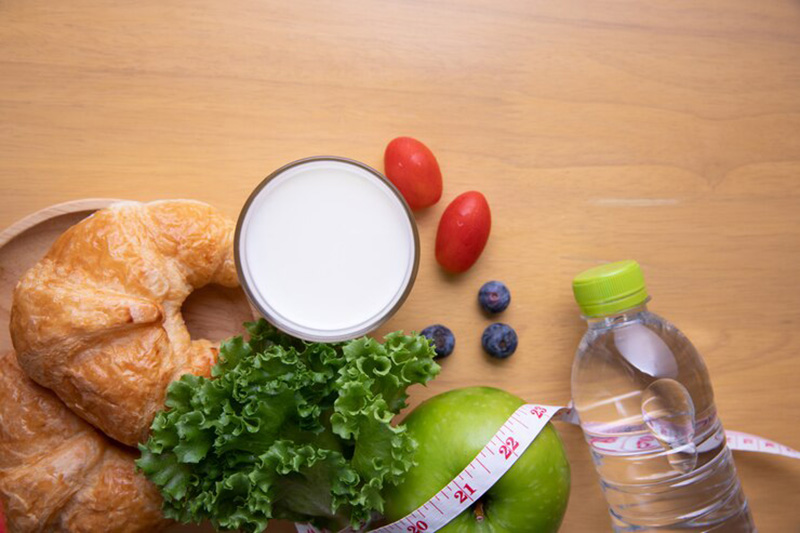It’s important to take a moment to evaluate your daily diet to check if you consume enough probiotic-rich foods. These foods are a source of good bacteria that naturally reside in your gut and are responsible for many important functions, including nutrient absorption and digestion, and support your immune system.
However, the benefits of probiotics go far beyond digestion and gut health. Research has suggested that consuming probiotic-rich foods could positively impact cholesterol levels, protect against allergies, aid in cancer prevention, and potentially even reduce the risk of certain mental health conditions.
The Science Behind Probiotics
Probiotics consist of particular strains of beneficial bacteria that inhabit our gut. Their primary functions encompass:
- Facilitating digestive health
- Safeguarding against detrimental bacteria
- Enhancing overall health
However, their significance extends beyond these roles. These lactic acid bacteria play a pivotal role in nutrient absorption, fortifying the immune system, and fostering brain health.
Top Probiotic Foods
Consuming probiotic-rich foods, like yogurt and sauerkraut, offers bacteria and other nutritional benefits, making it a potentially superior option. Here are the top 10 foods to find probiotics, the beneficial bacteria.
Yogurt
Historically celebrated for its creamy texture and tangy flavor, yogurt is a rich reservoir of probiotics. The fermentation process it undergoes allows live cultures to proliferate. However, be cautious: not all yogurts are created equal. Choosing varieties with live active cultures made from grass-fed goat or sheep milk is important when selecting yogurt. Avoid options with added sugars.
Sauerkraut
Sauerkraut is a product of fermented cabbage and other probiotic-rich vegetables. While it may not offer a wide variety of probiotics, it is abundant in organic acids, which lend it its tangy flavor and promote the proliferation of beneficial bacteria.
Today, sauerkraut enjoys immense popularity in Germany. Sauerkraut boasts a high vitamin C content and digestive enzymes, making it a valuable dietary addition. Furthermore, it is a natural source of lactic acid bacteria, including lactobacillus, contributing to its health benefits.
Kefir
Kefir is a fermented milk drink from the mountainous regions of Eastern Europe. Its consistency is similar to liquid yogurt in some ways; kefir stands out due to its fermentation with yeast and a greater diversity of bacteria. This unique process produces a kefir product with higher probiotic content and lower lactose levels. Consequently, kefir becomes the best kid’s probiotic source and an appealing option for those with lactose intolerance.
Natto
Natto, a widely enjoyed dish in Japan, is crafted from fermented soybeans. This nutritious delicacy boasts the potent probiotic Bacillus subtilis, recognized for its ability to strengthen the immune system, promote cardiovascular well-being, and facilitate the absorption of vitamin K2.
Moreover, natto is a rich source of the formidable anti-inflammatory enzyme known as nattokinase. This enzyme has demonstrated its effectiveness in preventing blood clot formation. Additionally, natto is abundant in protein, solidifying its position as a prominent member of the probiotic foods category.
Pickles
While pickles are often thought of as a flavor enhancer, it’s worth noting that some pickles also serve as a rich source of probiotics. However, there’s a caveat: this applies to pickles that have undergone fermentation in saltwater brine as opposed to those pickled in vinegar. Traditional pickling techniques encourage the proliferation of beneficial bacteria, enriching the taste and the potential health advantages of these pickles.
Cheese
Soft cheeses made from goat’s milk, sheep’s milk, and A2 cow’s milk are notably rich sources of probiotics, containing strains such as thermophilus, Bifidus, bulgaricus, and acidophilus. To harness the probiotic benefits, opting for raw and unpasteurized cheese varieties is essential, as pasteurized and processed options often lack these valuable beneficial bacteria.
Sourdough Bread
The unique tang of sourdough bread isn’t just about taste. The fermentation process it undergoes fosters the growth of beneficial bacteria. Furthermore, its slow fermentation aids digestion, especially for those sensitive to other bread types.
Olives
Brine-cured olives are a rich source of probiotics. Just as you would with salted gherkin pickles, prioritize selecting organic products. Opt for olives produced by smaller, probiotics-focused companies rather than larger manufacturers. Additionally, ensure that your chosen olives do not contain sodium benzoate, a food additive that may compromise the health-enhancing properties of this probiotic-rich food.
Apple Cider Vinegar (ACV)
Besides its known benefits, like regulating blood pressure, lowering cholesterol levels, enhancing insulin sensitivity, and aiding in weight loss, apple cider vinegar can also boost your probiotic intake. Incorporate a small amount into your daily routine, whether by consuming it directly or using it as a salad dressing, to optimize the effects on your gut health.
Kimchi
Kimchi, akin to sauerkraut, represents Korea’s interpretation of fermented vegetables. It combines a primary ingredient, Chinese cabbage, with various other components and spices, including red pepper flakes, radishes, carrots, garlic, ginger, onion, sea salt, and fish sauce.
This blend is subsequently set aside for fermentation, a process spanning three to 14 days, culminating in a richly flavored, probiotic-rich ingredient.
Ways To Get Probiotics Into Your Diet
Boosting your gut health with probiotics can be easy and beneficial. Simple dietary changes can make a significant impact.
Swap soda, juice, or energy drinks for fermented beverages like kombucha, opt for probiotic yogurt instead of regular yogurt and consider using raw milk or cheese instead of their conventional counterparts.
You can also incorporate probiotic-rich foods into your recipes, such as tempeh, sauerkraut, and apple cider vinegar, to add flavor and variety to your meals. Get creative and experiment with these natural probiotic foods to enjoy their health benefits and delicious flavors.
What’s Better? Probiotic-Rich Foods Or Probiotics Supplement
Probiotics can be obtained through either food or supplements, both viable methods for acquiring beneficial bacteria. While probiotic foods offer overall health benefits and cost-effectiveness, supplements may have certain advantages.
Research comparing probiotic supplements and foods is limited, but foods with probiotics may navigate the digestive system more efficiently and provide additional nutrients. A diet rich in fermented foods can positively impact the microbiome, increasing beneficial bacteria and reducing inflammation.
Your choice between food and supplements depends on factors like personal preferences, the purpose of probiotic consumption, and healthcare provider recommendations. Including probiotic-rich foods in your diet is a beneficial option, but if necessary, consult with a healthcare provider before considering supplements.
Conclusion
The world of probiotics is rich and diverse, much like the microorganisms that confer their benefits. From the tangy allure of yogurt to the savory depth of miso soup, there’s a universe of flavors to explore and countless health benefits to reap. Ensuring a diverse intake, storing them properly, and debunking myths will go a long way in harnessing their potential. Above all, be it through a bowl of cereal, a slice of cake, or a salad sprinkled with fermented veggies, every meal can be a step towards better gut health and, by extension, holistic wellness.


